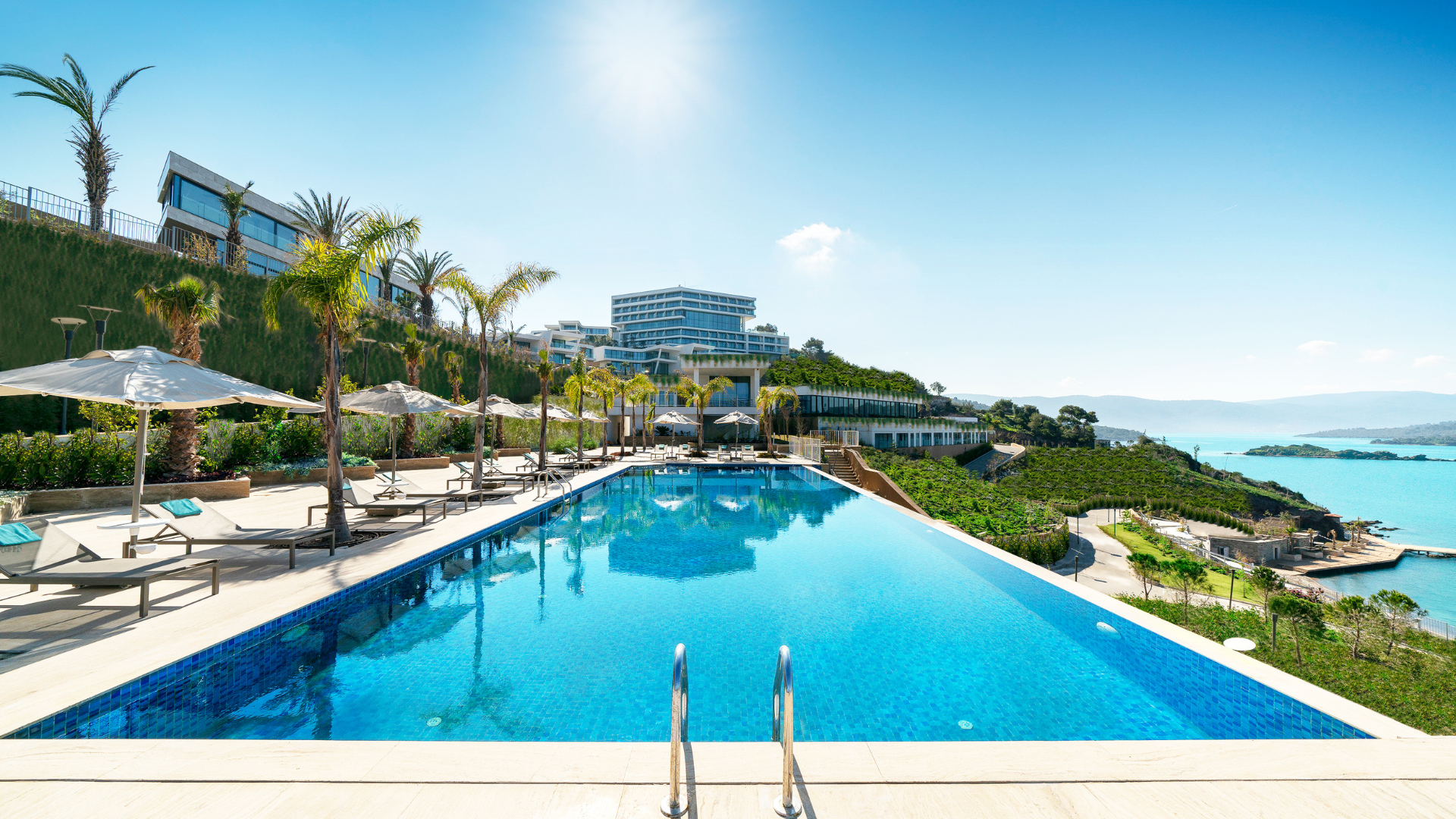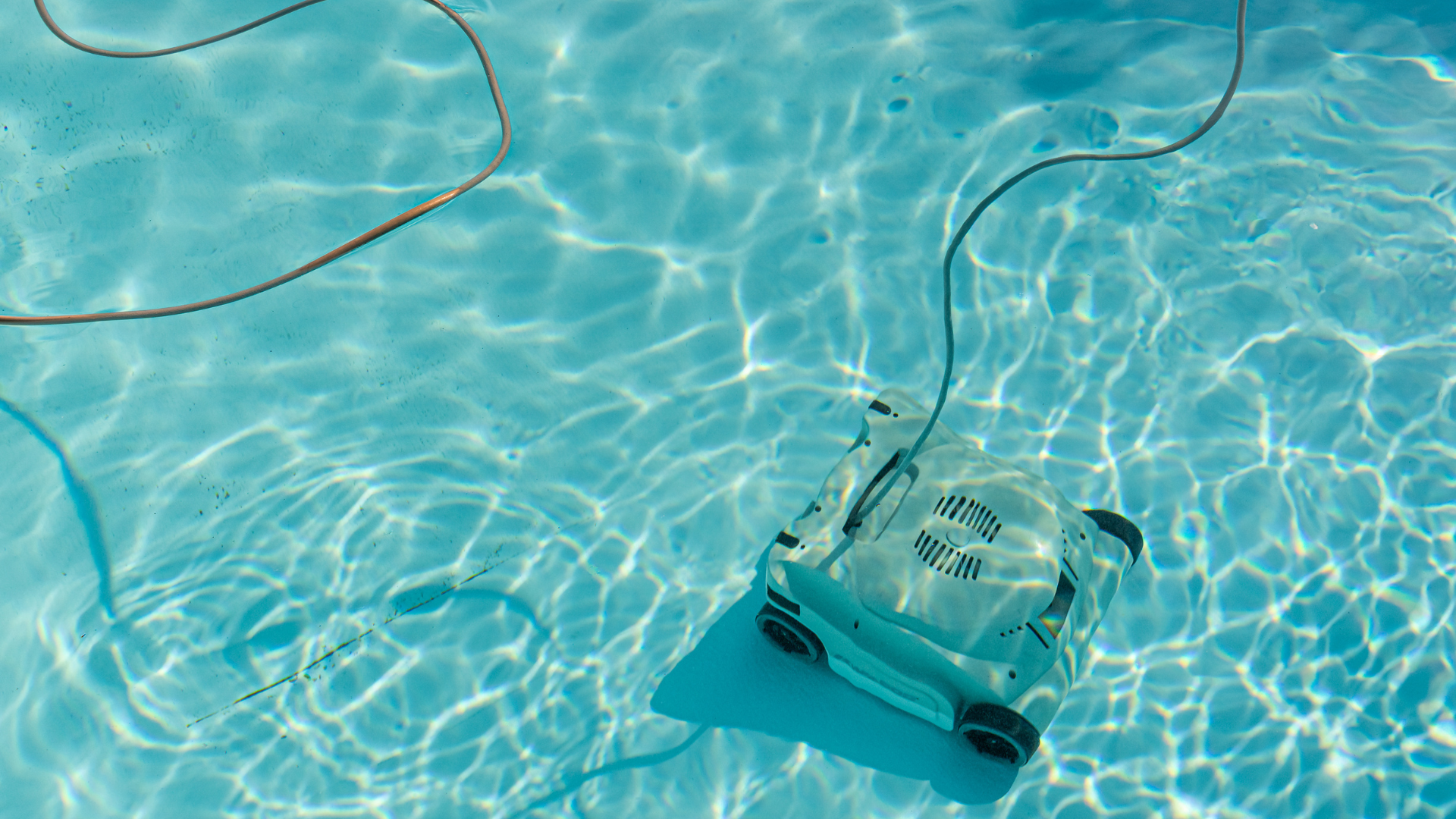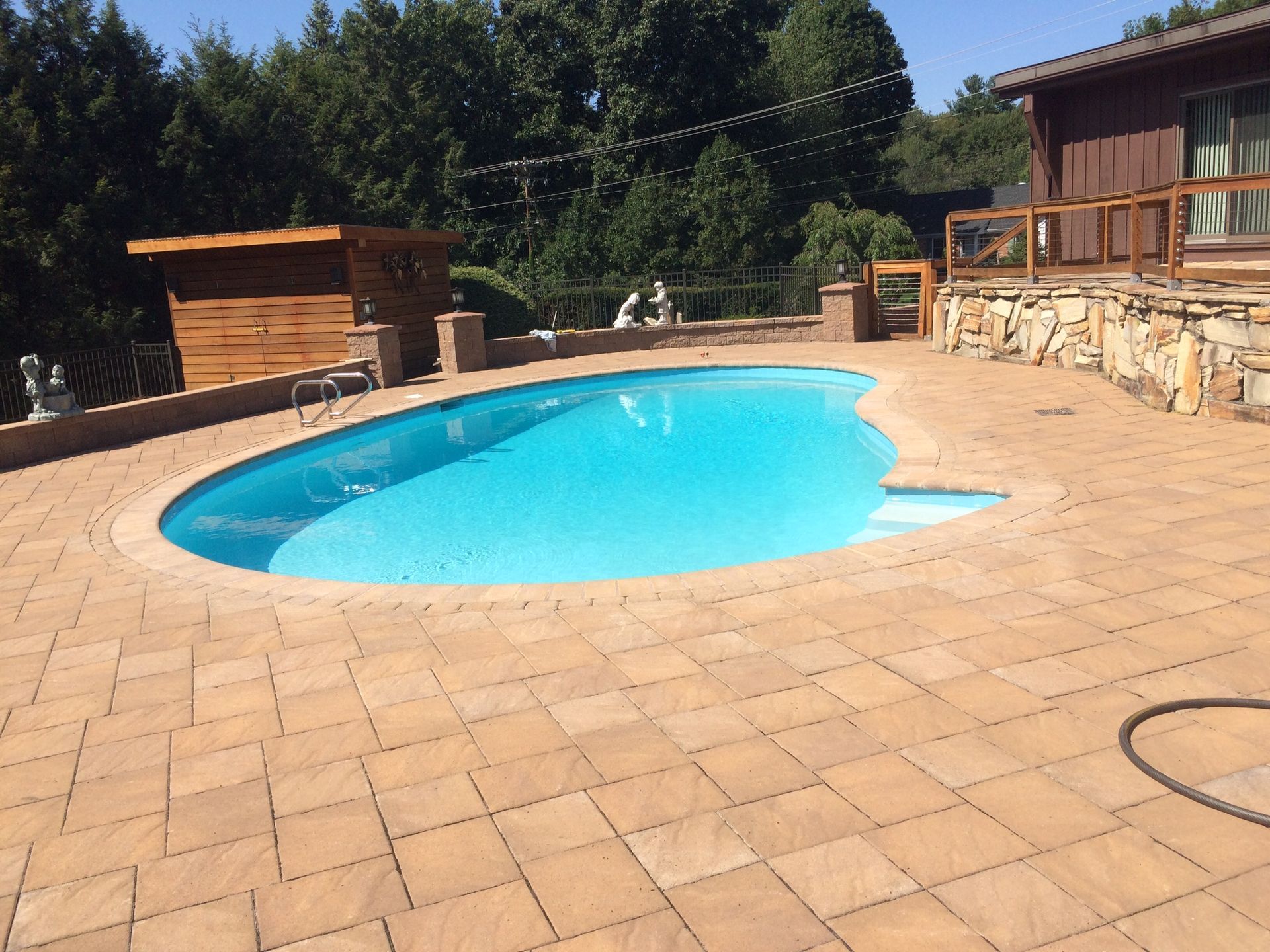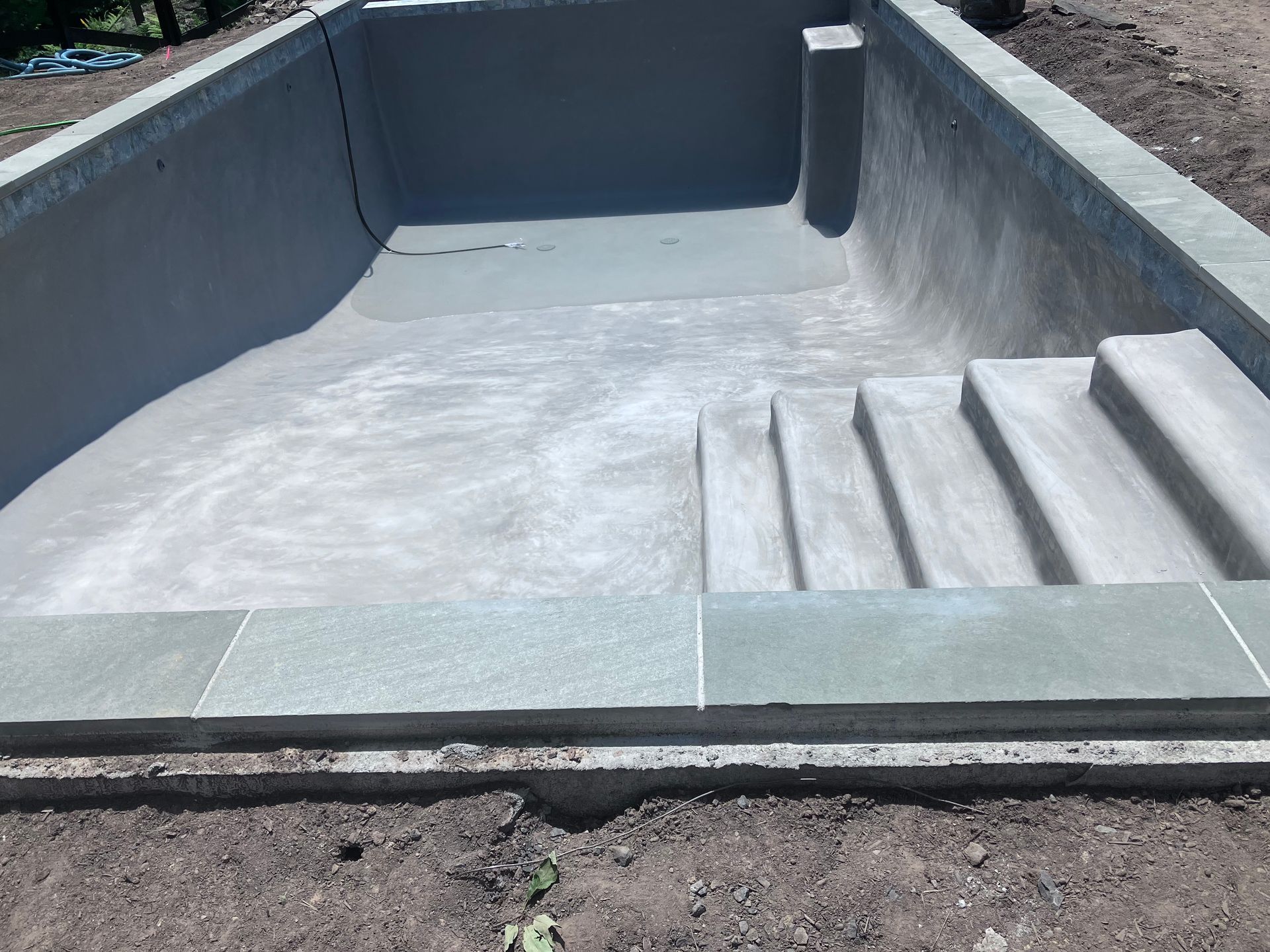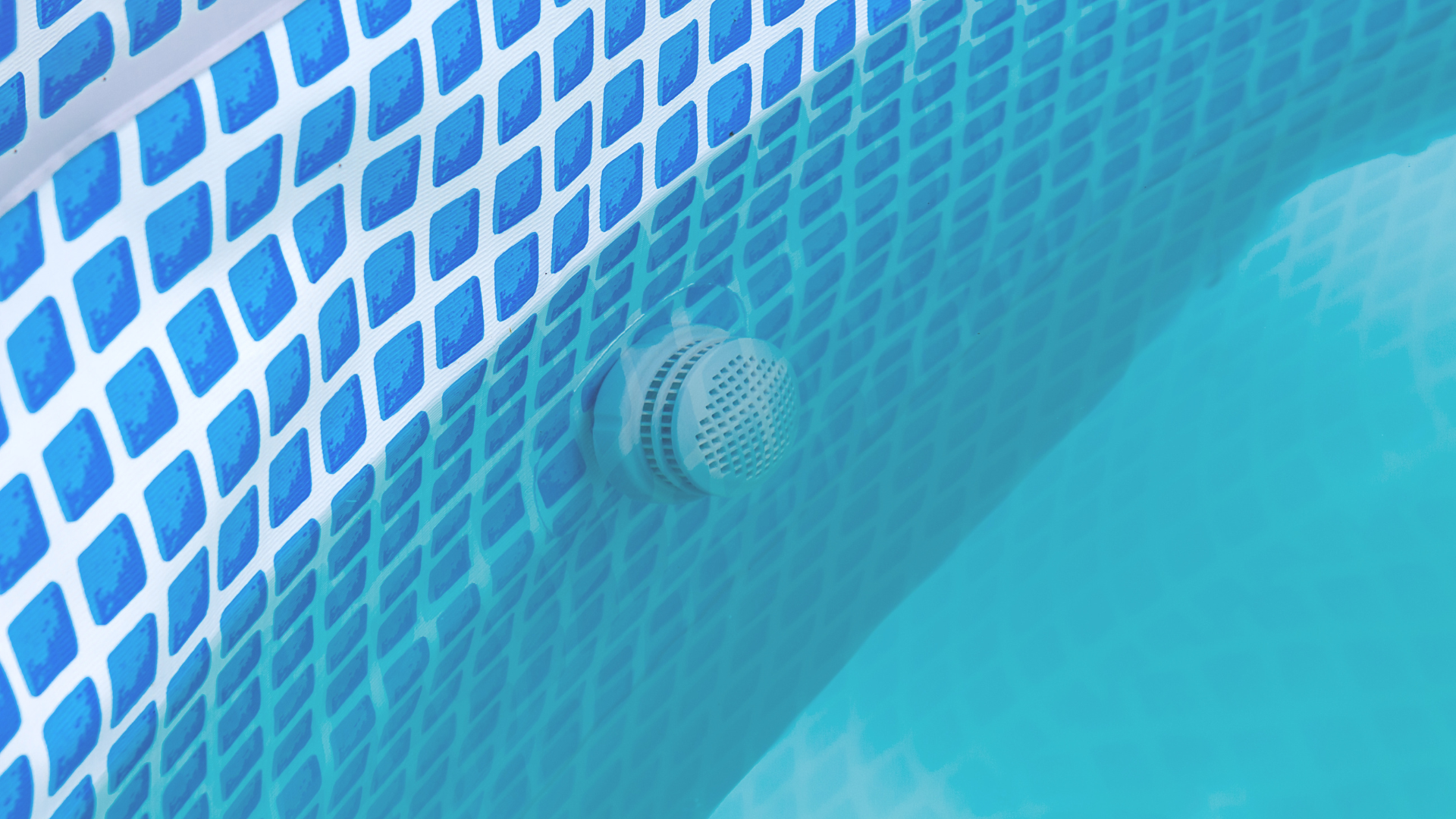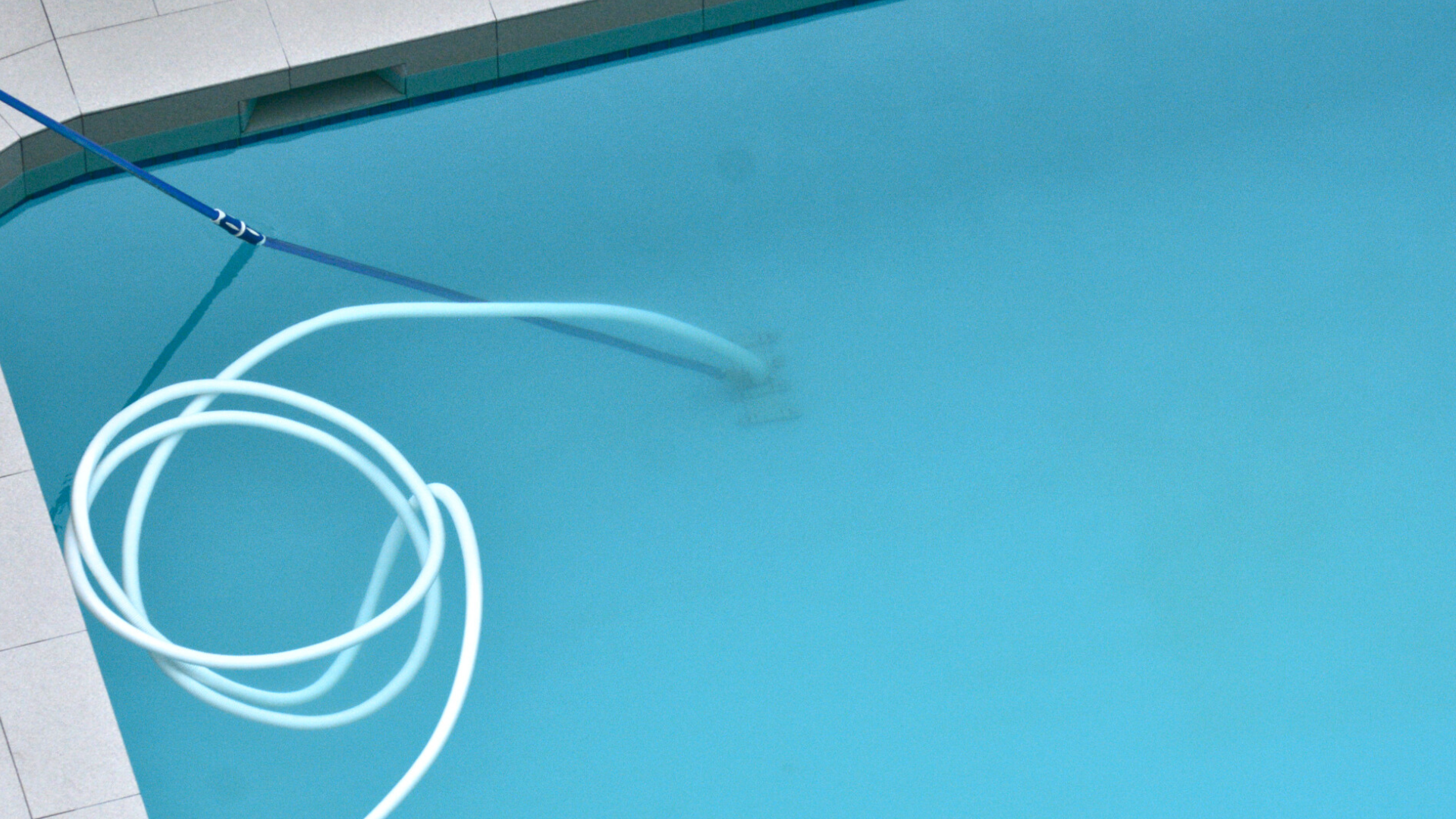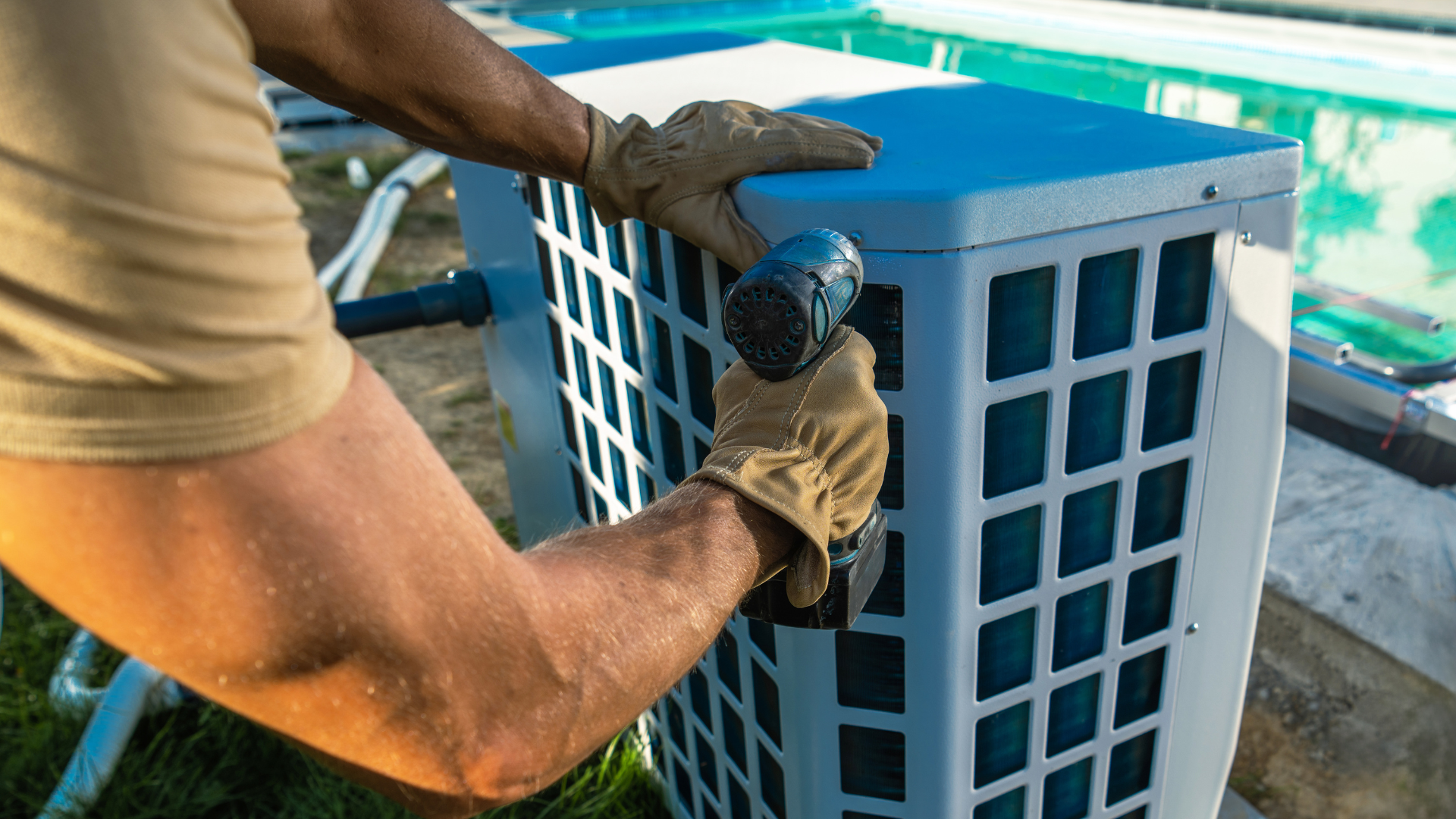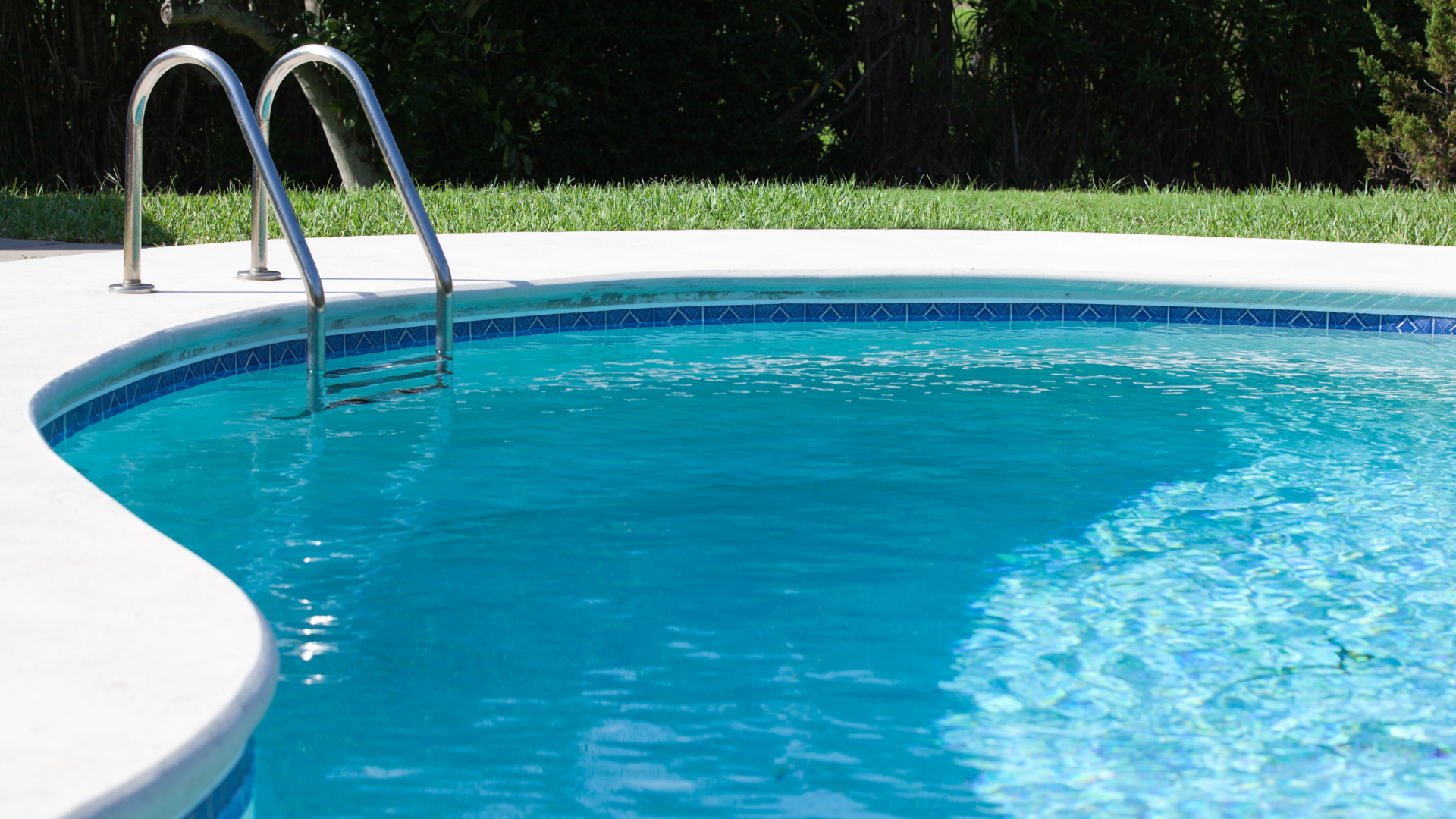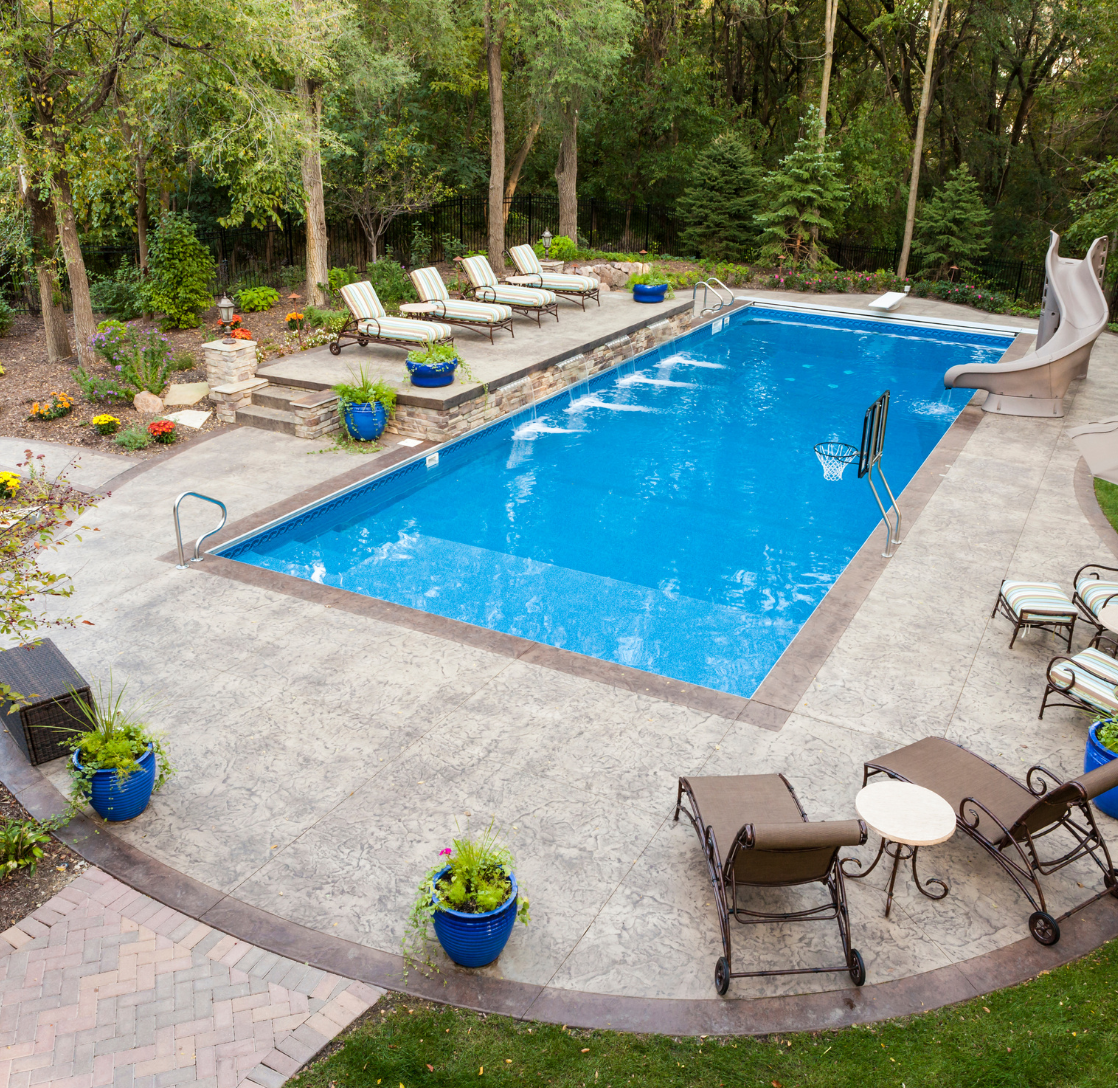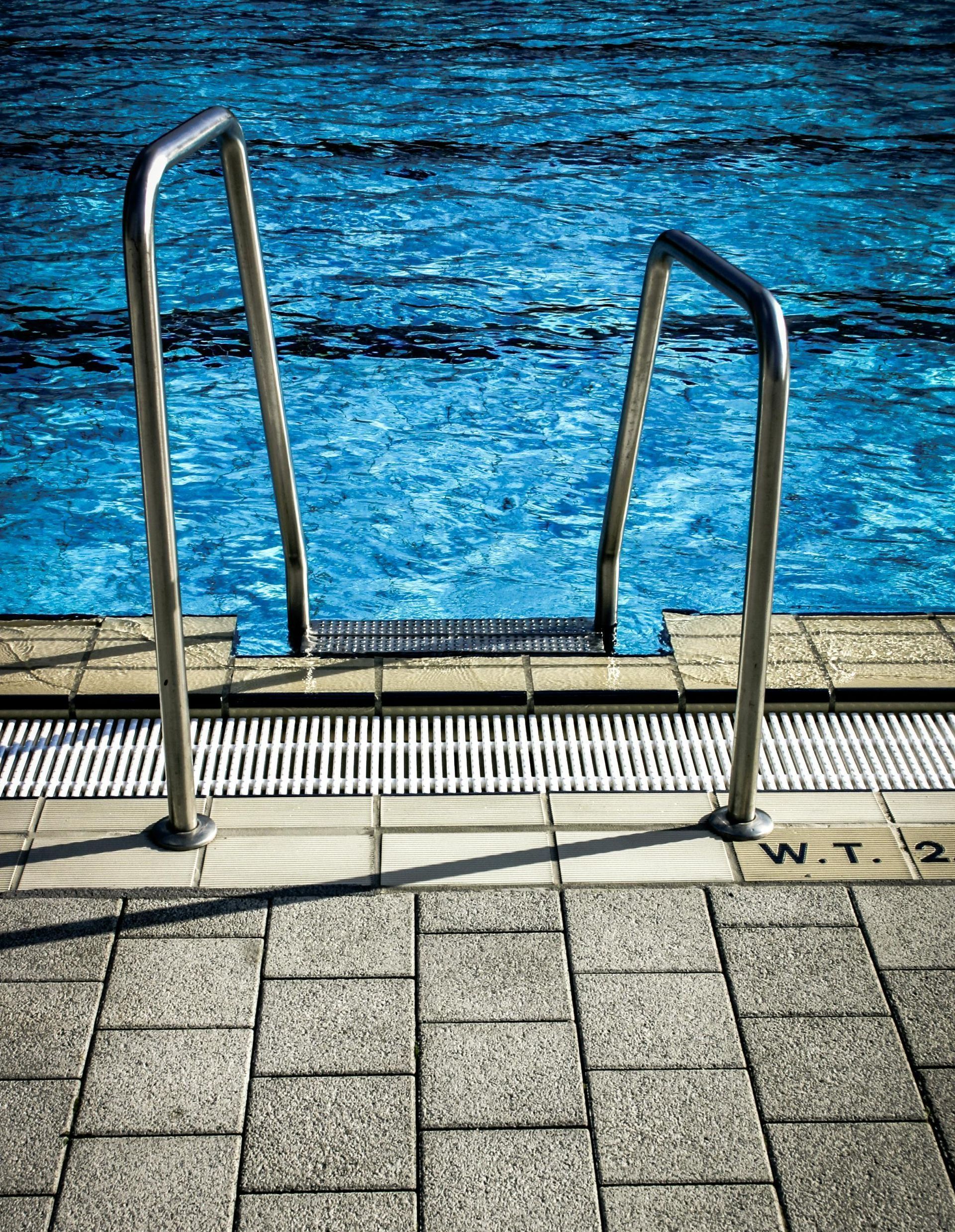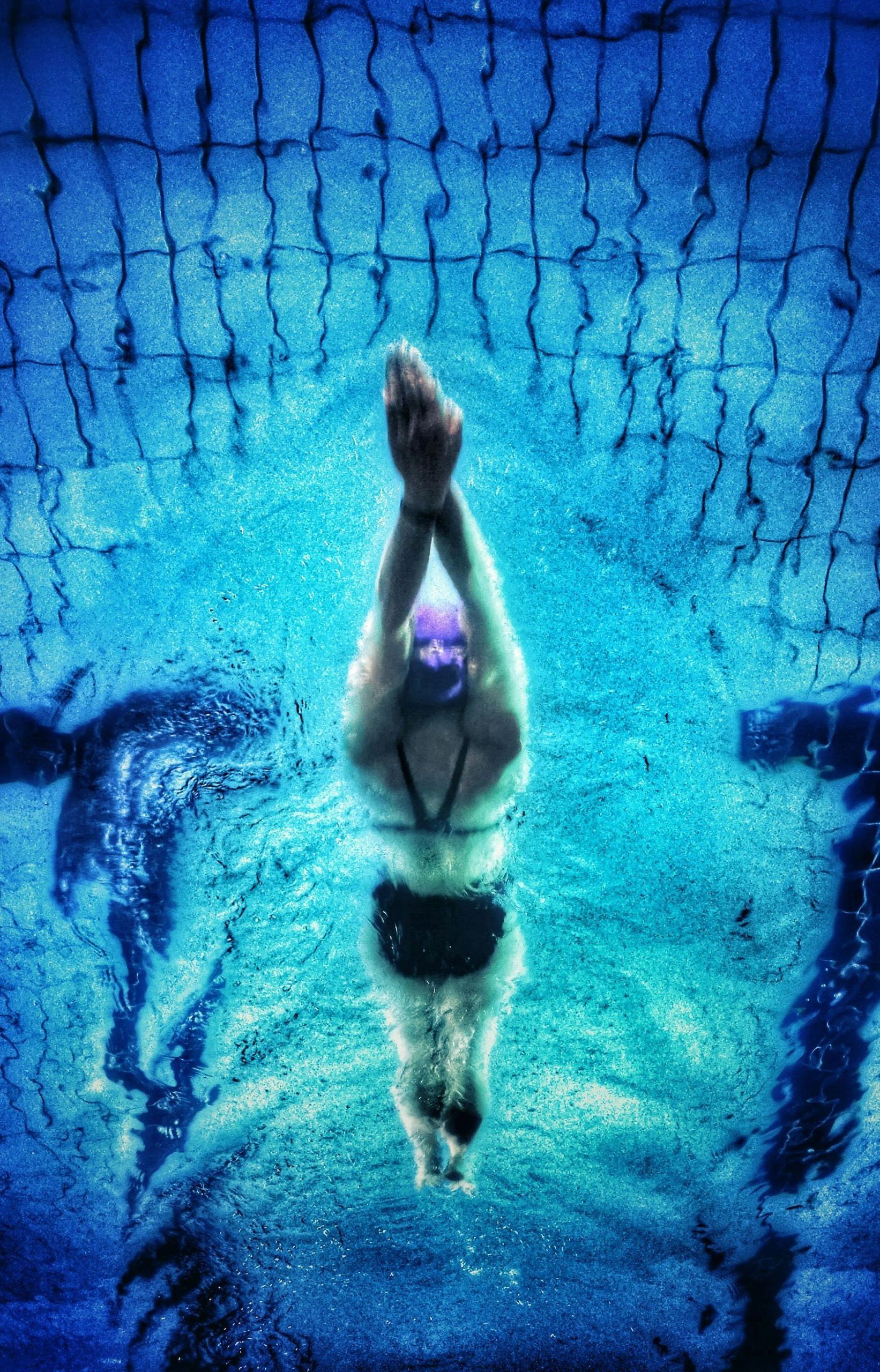Vinyl Liner vs Gunite Pools: Which One Is Right for You?
Make the Right Choice
When deciding to install a swimming pool, one of the biggest choices homeowners face is selecting the right type of pool. The two most common options are vinyl liner pools and gunite pools, each offering distinct benefits depending on budget, maintenance preferences, and long-term goals. At The Pool Chemist, we specialize in installing and maintaining both types, ensuring that every customer gets the best pool for their needs.
If you’re weighing your options, this guide will break down the key differences between vinyl liner pools and gunite pools, helping you make an informed decision that suits your home, lifestyle, and budget.
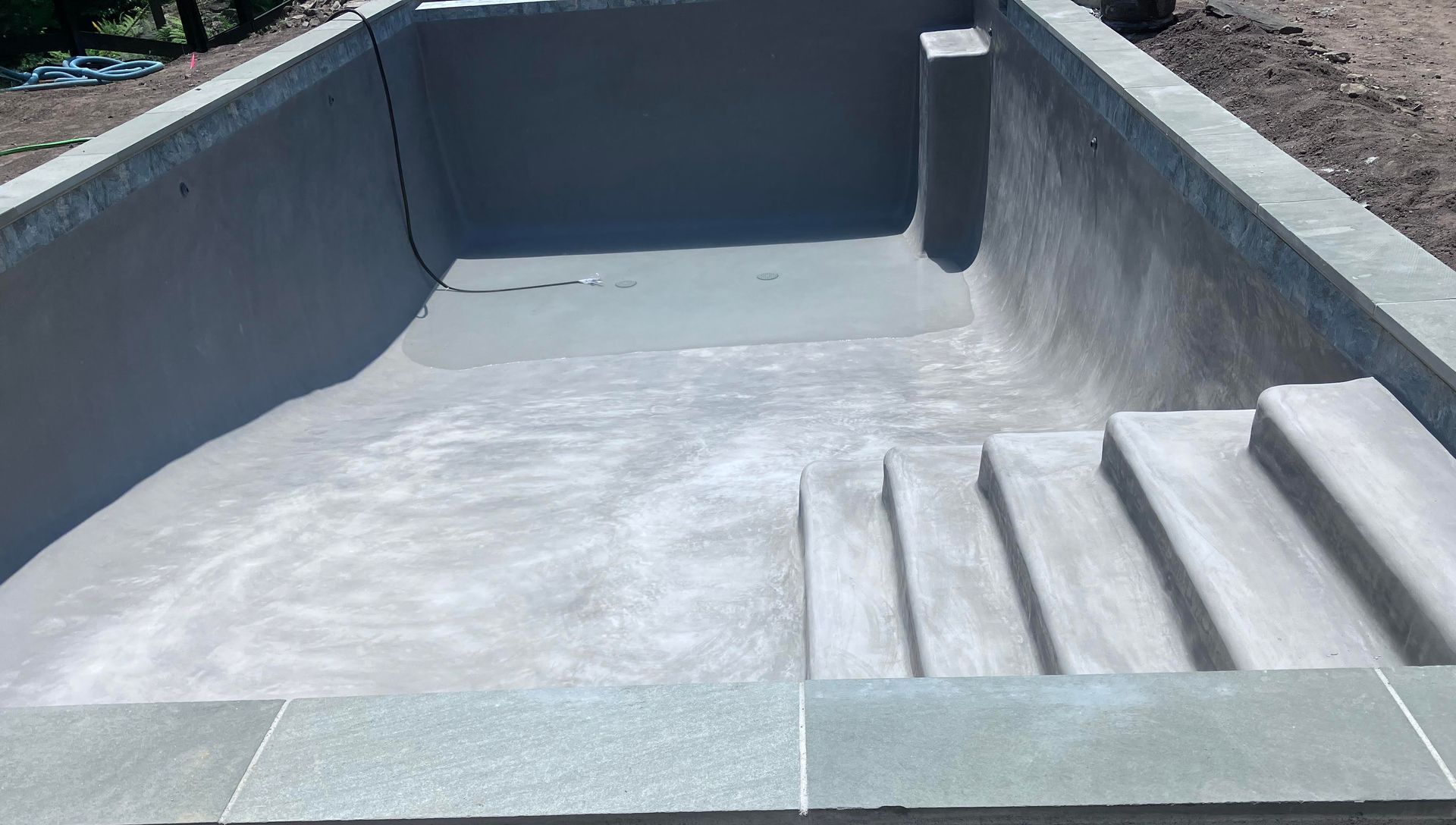
Durability and Longevity
One of the most important factors when choosing a pool is how long it will last. Gunite pools, which are made from a mixture of concrete and sand, are known for their exceptional durability. When properly maintained, a gunite pool can last several decades without needing a complete overhaul. The strong construction allows for long-term use with minimal structural concerns.
On the other hand, vinyl liner pools typically last between 7 to 15 years before the liner needs replacement. While the liner itself is not as durable as gunite, the overall structure of a vinyl pool is still long-lasting with proper care. For homeowners looking for a cost-effective solution with a manageable lifespan, vinyl liner pools remain a strong choice.
Customization and Design Flexibility
Gunite pools offer nearly unlimited design possibilities. Since they are built using a framework that is sprayed with concrete, they can be customized into almost any shape, size, or depth. Whether you want a sleek modern pool with an infinity edge or a resort-style lagoon with built-in seating and waterfalls, gunite is the best option for customization.
Vinyl liner pools, while available in a variety of sizes and shapes, are somewhat more limited in terms of design flexibility. They come in pre-engineered shapes, so homeowners who want a truly custom look may find gunite to be a better option. However, vinyl liners are available in many colors and patterns, allowing for some degree of personalization.

Cost Considerations
One of the biggest advantages of vinyl liner pools is the lower upfront cost. Installing a vinyl pool is typically much less expensive than building a gunite pool, making it an attractive option for homeowners on a budget. The lower initial investment allows more homeowners to enjoy the benefits of having a pool without a significant financial burden.
Gunite pools, on the other hand, are a larger financial commitment. The cost of materials, labor, and the extended construction timeline make them a more expensive option upfront. However, because of their long lifespan and minimal need for major repairs, gunite pools can be a better long-term investment for homeowners who plan to stay in their home for many years.
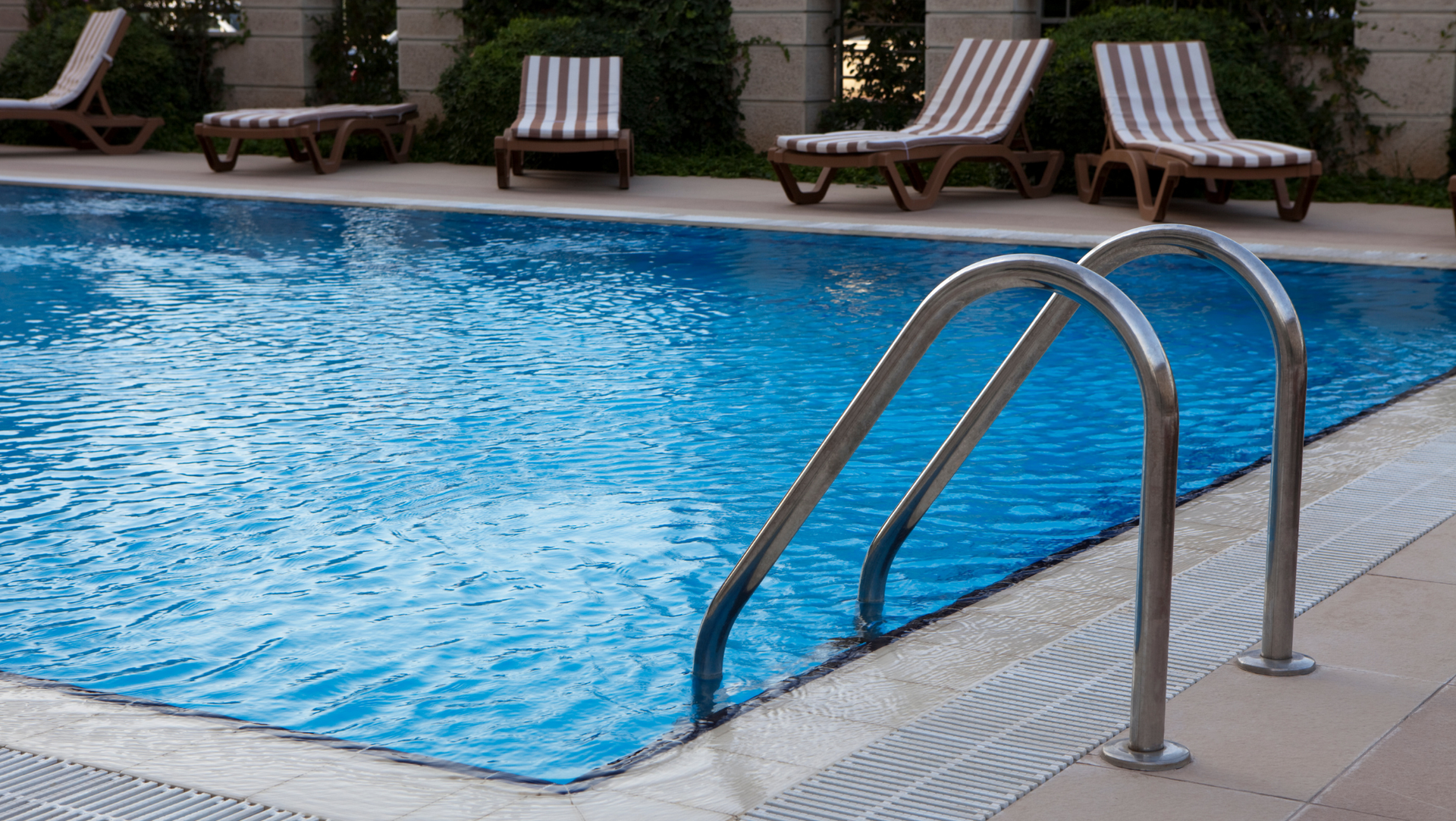
Maintenance and Upkeep
Every pool requires regular maintenance, but the level of upkeep varies between vinyl liner and gunite pools.
Vinyl liner pools are easier to maintain in terms of chemical balance because the smooth surface of the liner helps resist algae growth. However, they require careful handling to avoid tears or punctures, which can be costly to repair. Additionally, the liner must be replaced periodically, adding to the overall maintenance costs.
Gunite pools, while more durable, are prone to surface wear over time. They may require occasional resurfacing to maintain their smooth finish. Additionally, because gunite is porous, it requires more frequent chemical balancing to prevent algae buildup. However, with proper care, a gunite pool can remain in excellent condition for decades.

Which Pool Is Best for You?
Choosing between vinyl liner and gunite pools depends on your budget, design preferences, and willingness to handle maintenance.
- If you’re looking for an affordable, easy-to-maintain pool with a smooth surface, a vinyl liner pool might be the best option for you.
- If you want a long-lasting, fully customizable pool and are willing to invest more in upfront costs, a gunite pool offers unmatched durability and aesthetics.
At The Pool Chemist, we understand that every homeowner has unique needs. Whether you opt for a vinyl liner or gunite pool, our team is here to provide expert installation, maintenance, and repair services to keep your pool in top shape.
If you’re ready to take the next step in installing a new pool or have questions about your options, contact The Pool Chemist today. Our experienced professionals can help you design and build the perfect pool for your home, ensuring years of enjoyment for you and your family.
